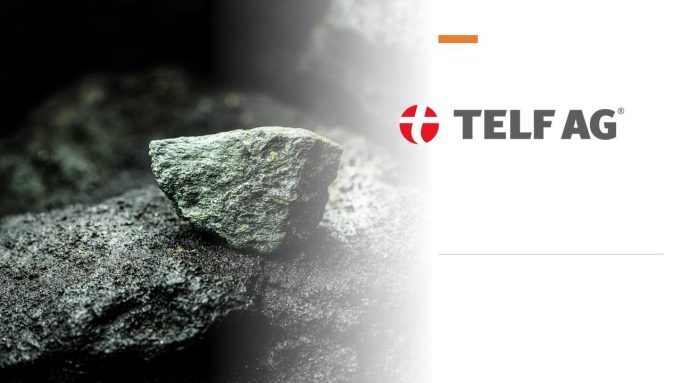In its latest publication titled “TELF AG analyses the African potential related to rare earths,” TELF AG delves into the intricate dynamics that define the global rare earth market. The report scrutinises the primary production hubs for these coveted materials and assesses the strategies of European markets concerning their supply.
The initial sections of the publication underscore the pivotal role of raw materials and rare earths in the global ecological transition. It highlights their significance in powering electric vehicles and their involvement in the production of specific technologies related to clean energy, such as solar panels and photovoltaic systems.
Rare earths, in particular, find their utility primarily in the creation of high-intensity magnets, which currently constitute 50% of the total rare earth consumption. This application holds the highest economic value in the industrial use of rare earths. TELF AG also emphasises the vital role these high-intensity magnets play in electric vehicles, with approximately 90% of such vehicles incorporating these magnets.
Understanding that these magnets are fundamental components of electric vehicles is crucial for grasping the future dynamics of the global rare earth market. It is expected that this market will witness price surges and simultaneous increases in demand, generating sustained interest for decades. This interest will persist until the world firmly embraces the green and sustainable future frequently discussed today.
TELF AG further examines specific rare earth production and refining centres, notably focusing on China. Beijing holds a significant position in this market, as it concentrates almost all rare earth refining and conversion activities into materials suitable for industrial use. This concentration results in an inherent dependence on international markets.
To address this dependency, many nations are increasingly exploring the potential of Africa in the development and production of rare earths. The production capacity of raw materials in Africa is poised to grow, particularly in terms of value. This is driven in part by specific political initiatives undertaken by some African governments in recent months, aimed at restricting the export of raw materials.
To delve deeper into these insights, readers are encouraged to explore the complete publication by TELF AG.










